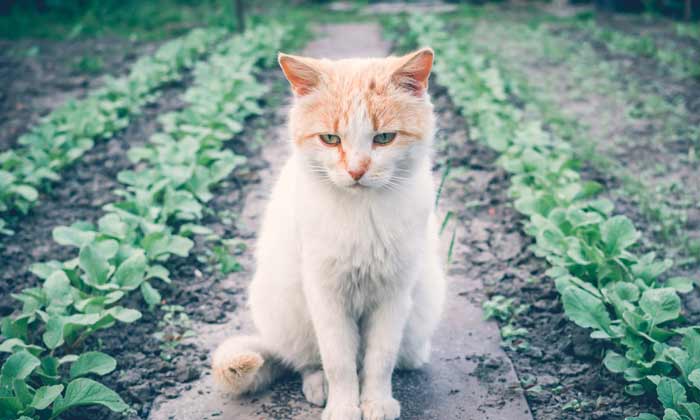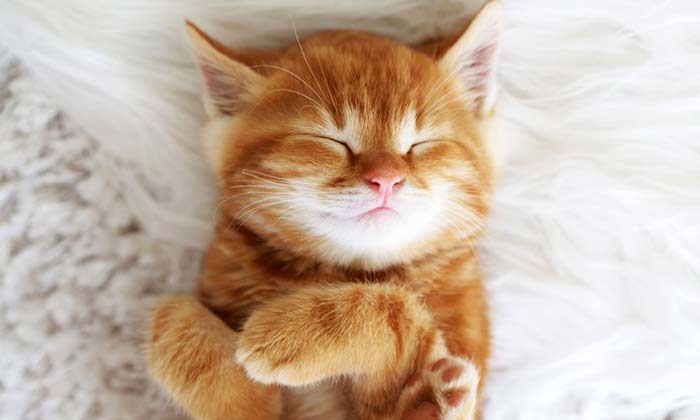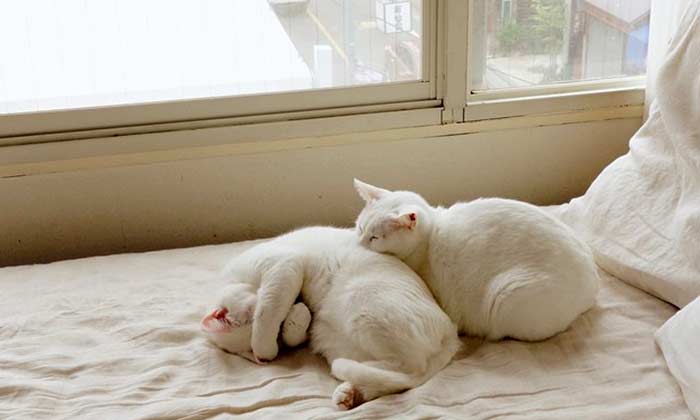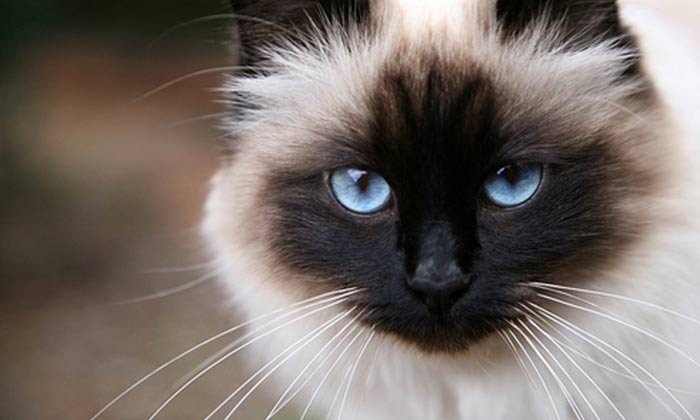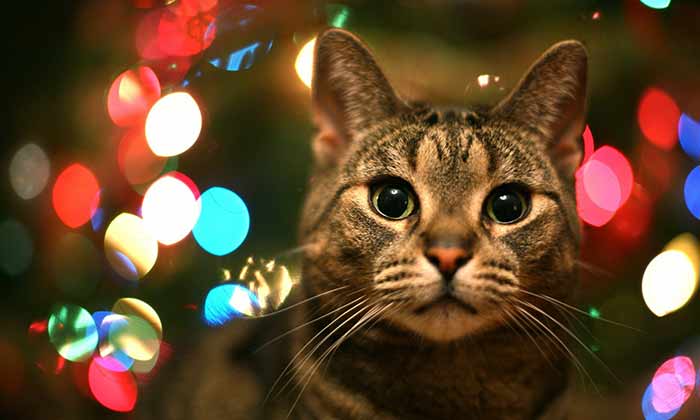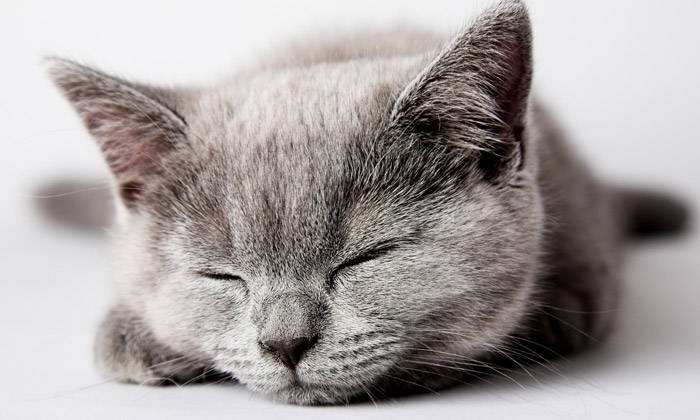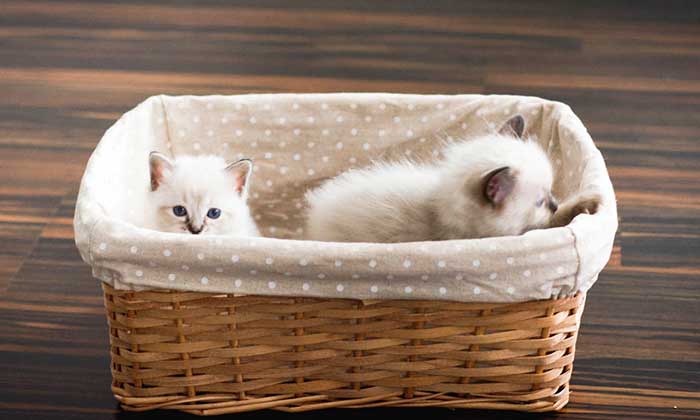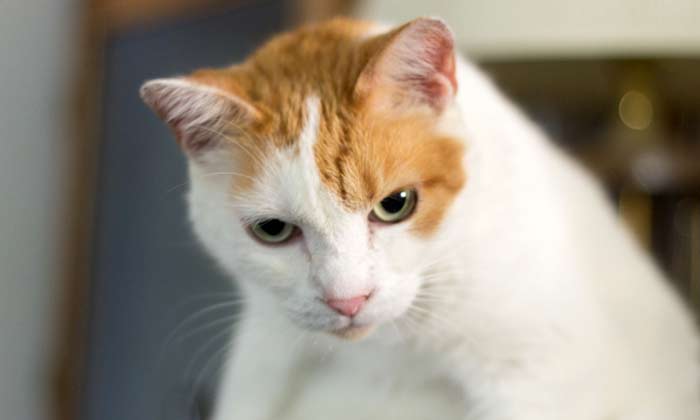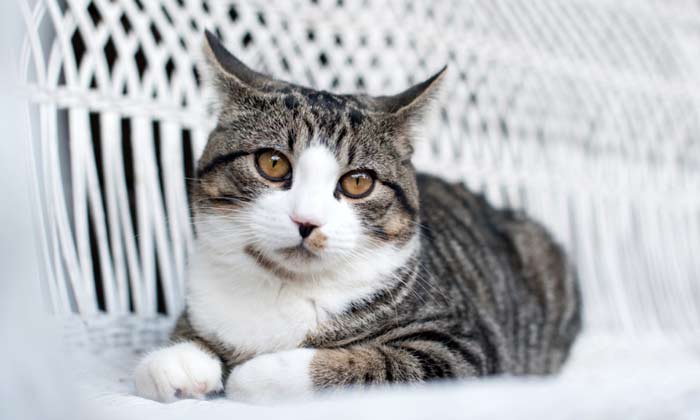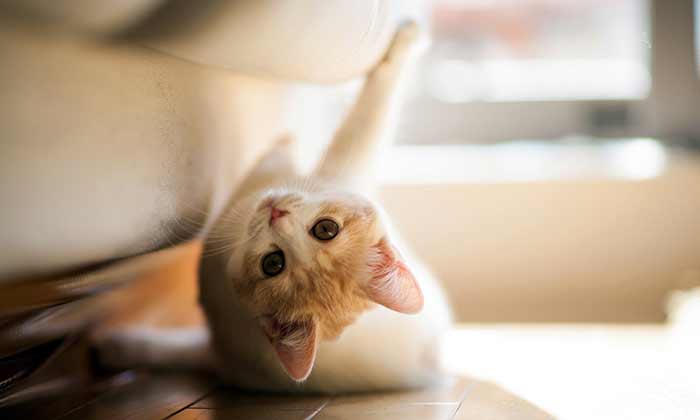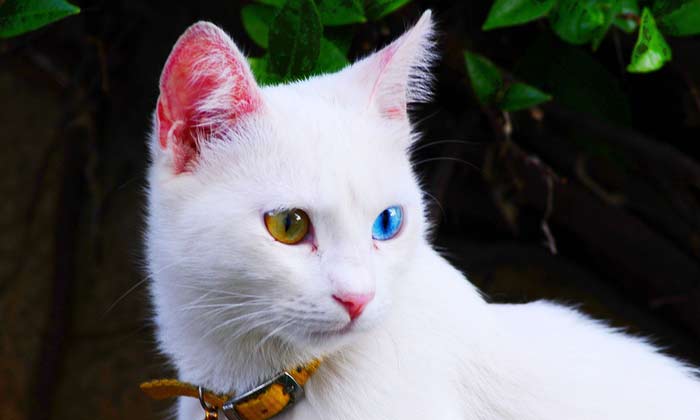Cat Depression: Is My Cat Depressed?
How do you know when your cat is sad or has cat depression? The behavioral changes in depressed cats can be subtle, but they slowly manifest over time. They might not be able to express their sadness like humans do, but cats sure are capable of feeling cat depression. You might think that cats are callous creatures, but they actually are very sensitive emotionally. Feline depression is usually brought about by major upheavals, such as the loss of a companion, moving out, or re-adoption. For some cats, relatively small matters such as changing the arrangement of the furniture can cause sadness. Here are some behaviors of cats when they are sad or depressed.
Behavioral Symptoms of Cat Depression
Change in routines
Cats who have been living with their owners for at least two or three years usually follow a daily routine. This is often the byproduct of pet training. If you, your family, and your cat have recently had a potentially traumatizing experience, keep an eye on your pet. If they show drastic changes in their daily routine for extended periods of time, they may be depressed.
You might find that your usually active cat is sleeping a lot, or is not interested in her food. Sad cats show behaviors such as excessive sleeping, defecating outside the litter box, and lack of appetite. Furthermore, if your cat is not the type to spray a lot, and it does, it may be because of depression.
Aggression and defensiveness
 Did you get hissed at by your cat, after years of it not hissing at all? If you find your sociable and affectionate cat showing signs of aggression even towards you, he or she may be experiencing depression. Just like humans, cats have different ways of coping with their emotions. While you might deal with your anger by being extremely irritable, a depressed cat may show defensive behavior, such as hiding in a corner, hissing, or scratching. Some ill-feeling cats can even attack others unprovoked. So if your cat has been jumping out of corners to claw at you, your family, and your other pets, it might need some emotional therapy.
Did you get hissed at by your cat, after years of it not hissing at all? If you find your sociable and affectionate cat showing signs of aggression even towards you, he or she may be experiencing depression. Just like humans, cats have different ways of coping with their emotions. While you might deal with your anger by being extremely irritable, a depressed cat may show defensive behavior, such as hiding in a corner, hissing, or scratching. Some ill-feeling cats can even attack others unprovoked. So if your cat has been jumping out of corners to claw at you, your family, and your other pets, it might need some emotional therapy.
Increased vocalization
Especially after losing a loved one, sad cats can act as if they are searching for their friend. They may also cry and meow a lot more than they usually do. Depressed cats who are mourning the loss of their friend can exhibit increased vocalization. They may also move around your house constantly, and appear like they are not at ease. Give your sad kitty some tender loving care when behaving like this, as they need lots of emotional support to get through their loss. You can help cheer up a sad cat by grooming, petting, and talking to him or her gently.
Is your Feline Friend Exhibiting These Sad Behaviors?
It can be saddening to see your beloved pet looking sad. It might be a little difficult to know how they are feeling, but the abovementioned behaviors should help you know when they are depressed. Just remember to give them some love, patience, and care. Just like humans, sad cats need to feel loved.

